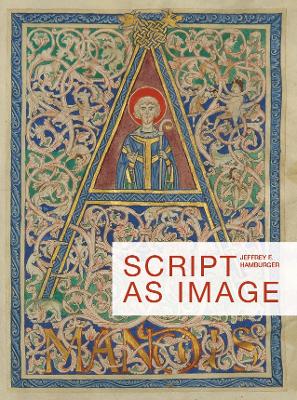Corpus of Illuminated Manuscripts
1 primary work
Volume 21
In the Middle Ages, writing conveyed far more than information. In contradistinction to the modern separation of image and text and, by implication, form and content, which was reified with the invention of printing, illuminated manuscripts made images out of words. In consonance with Christian doctrine, which declared that the Word had become flesh, letters painted on parchment assumed bodily presence to create effects of power and persuasion. Painted letters elicited modes of performance, oral recitation and ritual action. Far from calligraphic ornament or a medium with prescribed boundaries, medieval lettering reveals itself as a flexible instrument in which various categories of human experience and expression -- the audible, the visible, the symbolic and the figurative -- come together. Among the topics touched on by this book are display scripts, monograms, nomina sacra and carmina figurata, epigraphic inscriptions, chrysography and color, speech scrolls, relationships among author, scribe and artist as expressed through scripts, the anthropomorphic dimensions of abstract lettering, and the impact of iconic scripts on the reader.
